Home>Renovation & DIY>Home Renovation Guides>What Kind Of Home Improvements Require Permits In Massachusetts?
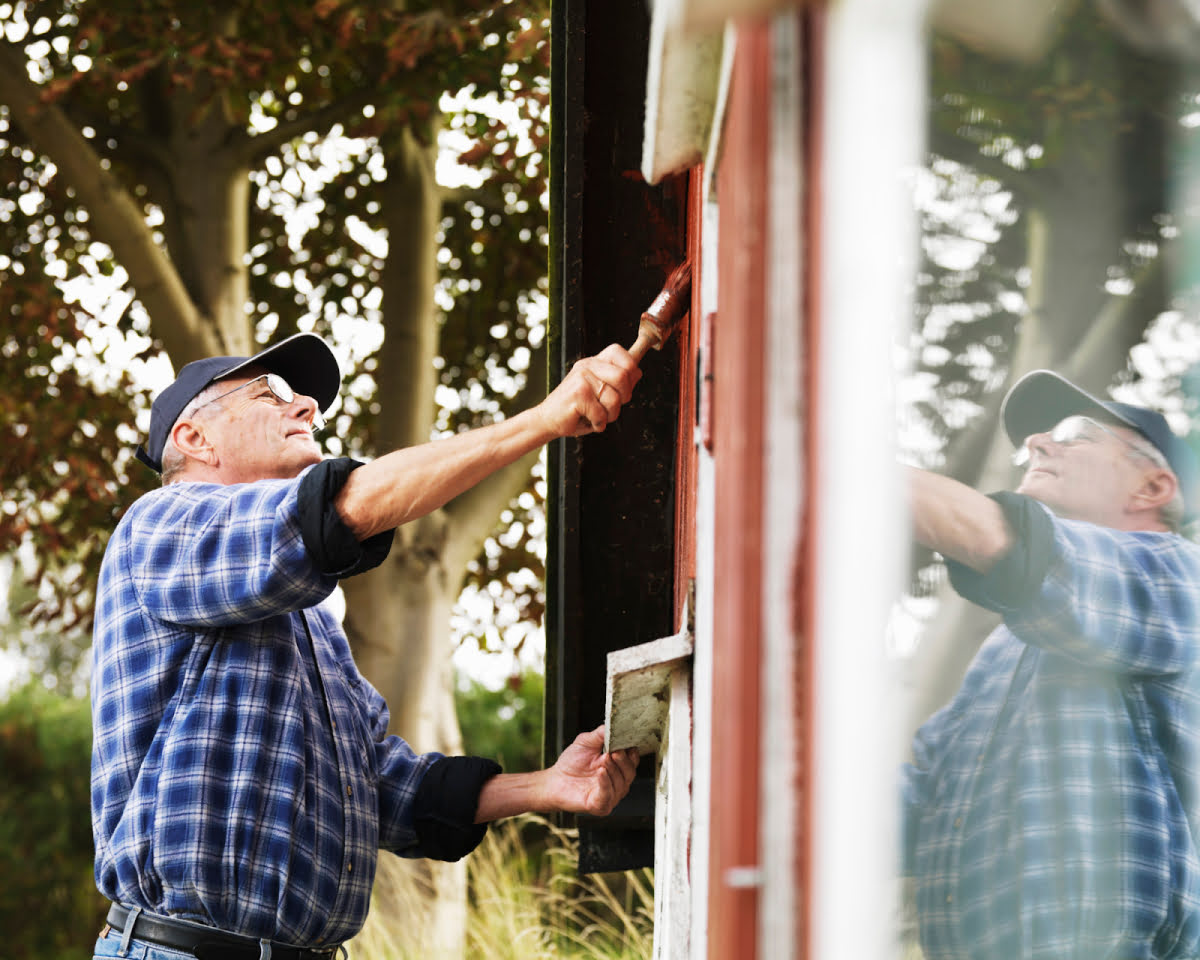

Home Renovation Guides
What Kind Of Home Improvements Require Permits In Massachusetts?
Modified: January 6, 2024
Find out which home improvements require permits in Massachusetts with our comprehensive renovation guide. Ensure your project is compliant and hassle-free.
(Many of the links in this article redirect to a specific reviewed product. Your purchase of these products through affiliate links helps to generate commission for Storables.com, at no extra cost. Learn more)
Introduction
Undertaking home improvements is an exciting endeavor for homeowners, offering the opportunity to enhance living spaces and increase property value. However, it's crucial to navigate the regulatory landscape to ensure that these enhancements comply with local building codes and regulations. In Massachusetts, understanding the permit requirements for various home improvement projects is essential to avoid potential legal and financial repercussions.
Navigating the intricacies of building permits can be daunting, but with the right knowledge and guidance, homeowners can ensure that their renovations proceed smoothly and in compliance with the law. In this comprehensive guide, we will delve into the types of home improvements that require permits in Massachusetts, the process of obtaining these permits, and the potential consequences of undertaking renovations without the necessary approvals. Whether you're considering a minor upgrade or a major renovation, this guide will provide valuable insights to help you navigate the regulatory landscape with confidence.
Key Takeaways:
- Always check if your home improvement project requires a permit in Massachusetts to avoid legal and financial penalties. Structural changes, electrical work, plumbing projects, HVAC installations, and roofing replacements typically need permits.
- Cosmetic upgrades, cabinet replacements, fixture replacements, landscaping, and minor repairs usually don’t require permits in Massachusetts. However, always consult local building authorities or professionals to confirm the permit status for your specific project.
Read more: What Home Improvements Require A Permit?
Understanding Building Permits
Building permits are official approvals granted by local government authorities that authorize the construction, renovation, or alteration of structures. These permits are designed to ensure that building projects comply with safety standards, zoning regulations, and other relevant codes. In Massachusetts, obtaining the appropriate permits is a fundamental aspect of any home improvement project, regardless of its scale.
When applying for a building permit, homeowners are required to submit detailed plans and specifications outlining the proposed work. These documents are thoroughly reviewed by building officials to verify compliance with building codes and other regulations. By obtaining a permit, homeowners not only demonstrate their commitment to safety and compliance but also gain assurance that their project meets established standards.
It’s important to note that building permits are not limited to new construction; they also apply to a wide range of home improvement activities, including but not limited to structural alterations, electrical and plumbing work, HVAC system installations, and exterior modifications. Understanding the specific permit requirements for different types of projects is essential for homeowners planning renovations in Massachusetts.
Home Improvements Requiring Permits
Several types of home improvements in Massachusetts necessitate obtaining building permits due to their potential impact on safety and structural integrity. Understanding which projects require permits is crucial for homeowners embarking on renovation endeavors. Here are some common home improvements that typically require permits:
- Structural Changes: Any alterations to the structural components of a building, such as load-bearing wall removal or foundation modifications, require a permit. These changes can significantly impact the stability and safety of the structure, necessitating thorough review and approval.
- Electrical Work: Installing or modifying electrical systems, including wiring, circuit installations, and service panel upgrades, mandates a permit. Compliance with electrical codes is essential to prevent hazards and ensure the safety of occupants.
- Plumbing Projects: Renovations involving plumbing systems, such as adding or relocating fixtures, re-piping, or water heater installations, typically require permits to verify compliance with plumbing codes and standards.
- HVAC Installations: Installing or replacing heating, ventilation, and air conditioning (HVAC) systems, including ductwork modifications and furnace installations, necessitates obtaining permits to ensure proper functionality and safety.
- Roofing and Siding Replacements: While not all roofing and siding projects require permits, significant replacements or structural changes related to these components often fall under permit requirements to uphold building code adherence.
- Additions and Expansions: Building new additions, such as room expansions, garage conversions, or constructing additional levels, typically demand permits to assess their impact on structural integrity and zoning regulations.
It’s important to consult with local building authorities or a qualified professional to determine the specific permit requirements for individual projects. By obtaining the necessary permits for these home improvements, homeowners can ensure that their renovations comply with regulations and contribute to a safe and resilient living environment.
Home Improvements Not Requiring Permits
While many home improvement projects necessitate obtaining building permits to ensure compliance with safety and regulatory standards, there are several common renovations that typically do not require permits in Massachusetts. Understanding which improvements fall into this category can provide homeowners with clarity and confidence as they plan their projects. Here are some examples of home improvements that often do not require permits:
- Cosmetic Upgrades: Cosmetic enhancements such as painting, wallpapering, and installing new flooring typically do not require permits, as they do not impact the structural integrity or safety of the property.
- Cabinet Replacements: Swapping out existing cabinets in kitchens, bathrooms, or other areas generally does not necessitate permits, as long as the layout and structural components remain unchanged.
- Fixture Replacements: Upgrading light fixtures, faucets, sinks, and similar fixtures typically does not require permits, provided that the changes do not involve extensive electrical or plumbing modifications.
- Landscaping and Hardscaping: Projects such as landscaping, installing walkways, and building exterior patios or decks often do not require permits, unless they involve significant grading, land disturbance, or structural changes.
- Minor Repairs: Small-scale repairs, such as patching drywall, fixing minor plumbing leaks, or repairing non-structural components, generally do not require permits.
It’s important to note that while these types of home improvements often do not require permits, local regulations and homeowners’ association guidelines may still apply. Additionally, certain exemptions and thresholds for permit requirements can vary by municipality, so homeowners should always consult with local building authorities or a qualified professional to confirm the permit status of their planned renovations.
By understanding which home improvements typically do not require permits, homeowners can proceed with these projects confidently, knowing that they are unlikely to encounter regulatory obstacles while enhancing their living spaces.
Before starting any home improvement project in Massachusetts, check with your local building department to see if a permit is required. Permits are typically needed for structural changes, electrical work, plumbing, and major renovations.
Obtaining Permits in Massachusetts
When preparing for home improvement projects in Massachusetts, obtaining the necessary building permits is a vital step in ensuring compliance with local regulations. The process of acquiring permits involves several key considerations and steps:
- Research Permit Requirements: Before initiating any renovations, homeowners should research the specific permit requirements for their planned improvements. This may involve reviewing local building codes, zoning regulations, and permit application procedures, which can typically be found on the website of the local building department or through direct inquiry.
- Develop Detailed Plans: For projects requiring permits, homeowners must create detailed plans and specifications outlining the proposed work. These plans should clearly illustrate the scope of the project, including structural changes, electrical and plumbing layouts, and any other relevant details required by the building department.
- Submit Permit Applications: Once the plans are finalized, homeowners can submit permit applications to the local building department. The applications are typically accompanied by the detailed plans, permit fees, and any additional documentation required by the jurisdiction.
- Review and Approval Process: Building officials will review the permit applications and associated plans to ensure compliance with building codes, safety standards, and zoning regulations. Depending on the complexity of the project, this review process may involve multiple departments, such as building, electrical, plumbing, and zoning.
- Permit Issuance: Upon successful review and approval, the building department will issue the necessary permits, granting homeowners official authorization to proceed with their planned renovations. It’s essential to display the permits prominently at the project site and adhere to any conditions specified in the permits.
Throughout the permit acquisition process, homeowners may benefit from seeking guidance from qualified professionals, such as architects, engineers, or contractors, who can assist in developing compliant plans and navigating the permit application process. Additionally, maintaining open communication with the local building department can help clarify any questions or concerns that may arise during the permitting process.
By diligently following the steps to obtain permits and engaging with the appropriate authorities, homeowners can proceed with their home improvement projects in Massachusetts with confidence, knowing that their renovations are in compliance with regulatory requirements.
Consequences of Not Obtaining Permits
Overlooking the requirement to obtain building permits for home improvement projects in Massachusetts can lead to a range of potential consequences, impacting both the immediate construction process and the long-term integrity and value of the property. Understanding the repercussions of proceeding without the necessary permits is essential for homeowners to make informed decisions. Here are some potential consequences of not obtaining permits:
- Legal and Financial Ramifications: Undertaking renovations without permits can result in legal penalties and fines, as local building authorities have the right to enforce compliance with permit regulations. Additionally, non-permitted work may create complications during property sales, as it can lead to disputes, delays, or even legal liabilities if undisclosed to potential buyers.
- Safety and Quality Concerns: Building permits are designed to ensure that construction and renovation projects meet established safety and quality standards. Without the oversight provided by the permit process, the structural integrity, electrical safety, and overall quality of the work may be compromised, posing potential hazards to occupants and diminishing the property’s value.
- Insurance Implications: Non-permitted work may affect insurance coverage and claims related to property damage or personal injuries. Insurance providers may deny coverage for incidents arising from unpermitted renovations, leaving homeowners vulnerable to significant financial liabilities.
- Resale and Appraisal Challenges: When selling a property, non-permitted improvements can complicate the appraisal process and diminish the perceived value of the home. Prospective buyers, lenders, and appraisers may raise concerns about the legality and quality of unpermitted work, potentially impacting the property’s marketability and sale price.
- Code Compliance Issues: Non-permitted renovations may lead to code compliance challenges, particularly if future renovations or property assessments reveal discrepancies between the existing conditions and regulatory requirements. Rectifying these issues retroactively can be complex and costly.
By recognizing the potential repercussions of bypassing permit requirements, homeowners can make informed decisions about their renovation projects. It’s essential to prioritize compliance with permit regulations to safeguard the legal, financial, and safety aspects of home improvements in Massachusetts.
Conclusion
Embarking on home improvement projects in Massachusetts is an opportunity to enhance living spaces, increase property value, and create a more comfortable and functional environment. However, it’s crucial for homeowners to navigate the regulatory landscape and adhere to building permit requirements to ensure that their renovations proceed smoothly and in compliance with the law.
Understanding the types of home improvements that require permits, the process of obtaining permits, and the potential consequences of proceeding without the necessary approvals is essential for homeowners planning renovations. By prioritizing compliance with permit regulations, homeowners can mitigate legal, financial, and safety risks while enhancing their properties.
Whether it’s structural alterations, electrical and plumbing work, HVAC installations, or exterior modifications, obtaining the appropriate permits demonstrates a commitment to safety and regulatory compliance. Conversely, overlooking permit requirements can lead to legal penalties, safety hazards, insurance complications, and property value implications.
As homeowners prepare for their renovation endeavors, consulting with local building authorities, engaging with qualified professionals, and thoroughly researching permit requirements can provide the knowledge and guidance needed to navigate the permit acquisition process with confidence. By adhering to regulatory standards and obtaining the necessary permits, homeowners can embark on their home improvement projects with the assurance that their renovations contribute to a safe, resilient, and legally compliant living environment.
Ultimately, by prioritizing compliance with building permit requirements, homeowners in Massachusetts can transform their living spaces while upholding the integrity and value of their properties for years to come.
Frequently Asked Questions about What Kind Of Home Improvements Require Permits In Massachusetts?
Was this page helpful?
At Storables.com, we guarantee accurate and reliable information. Our content, validated by Expert Board Contributors, is crafted following stringent Editorial Policies. We're committed to providing you with well-researched, expert-backed insights for all your informational needs.
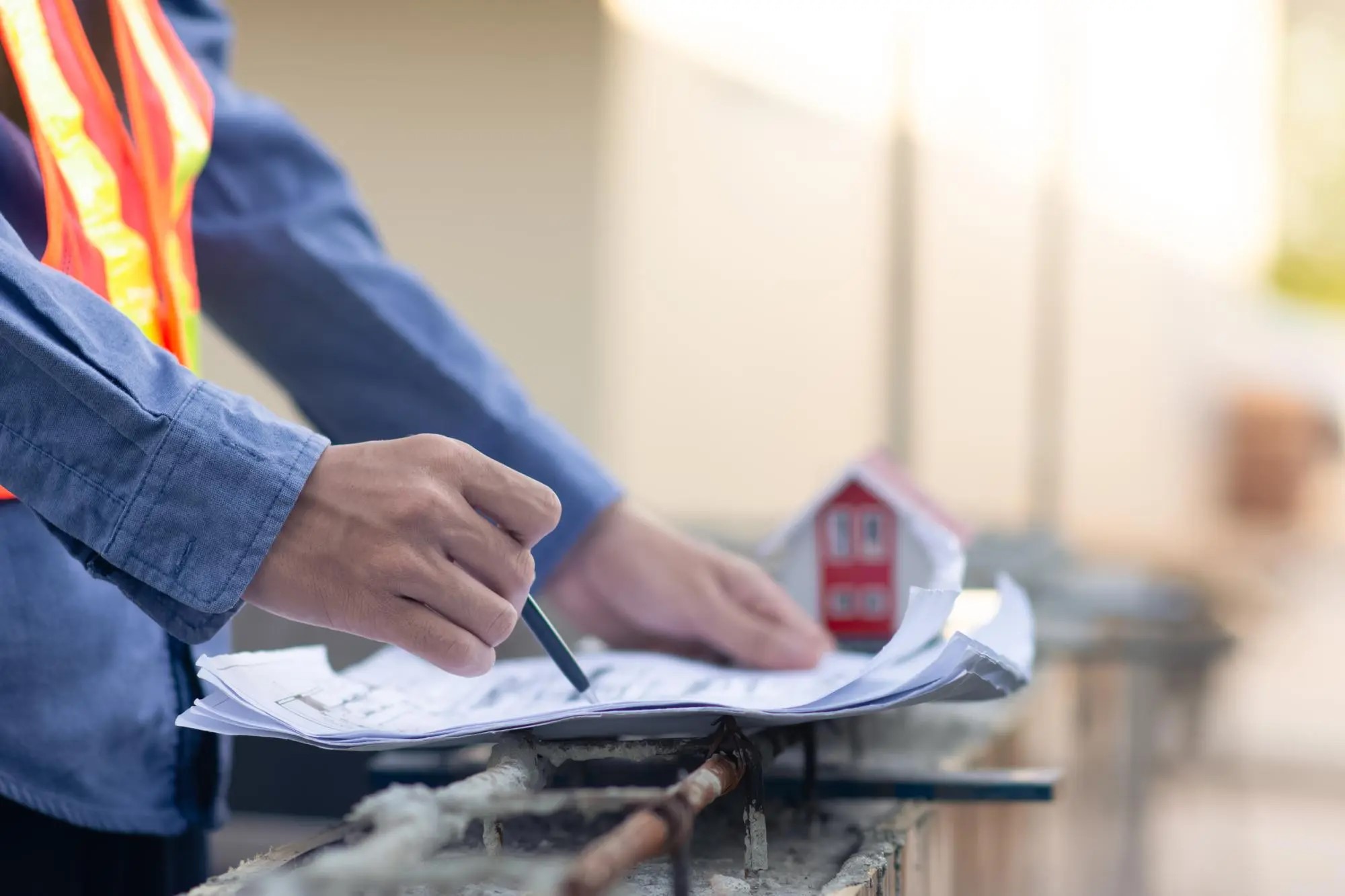
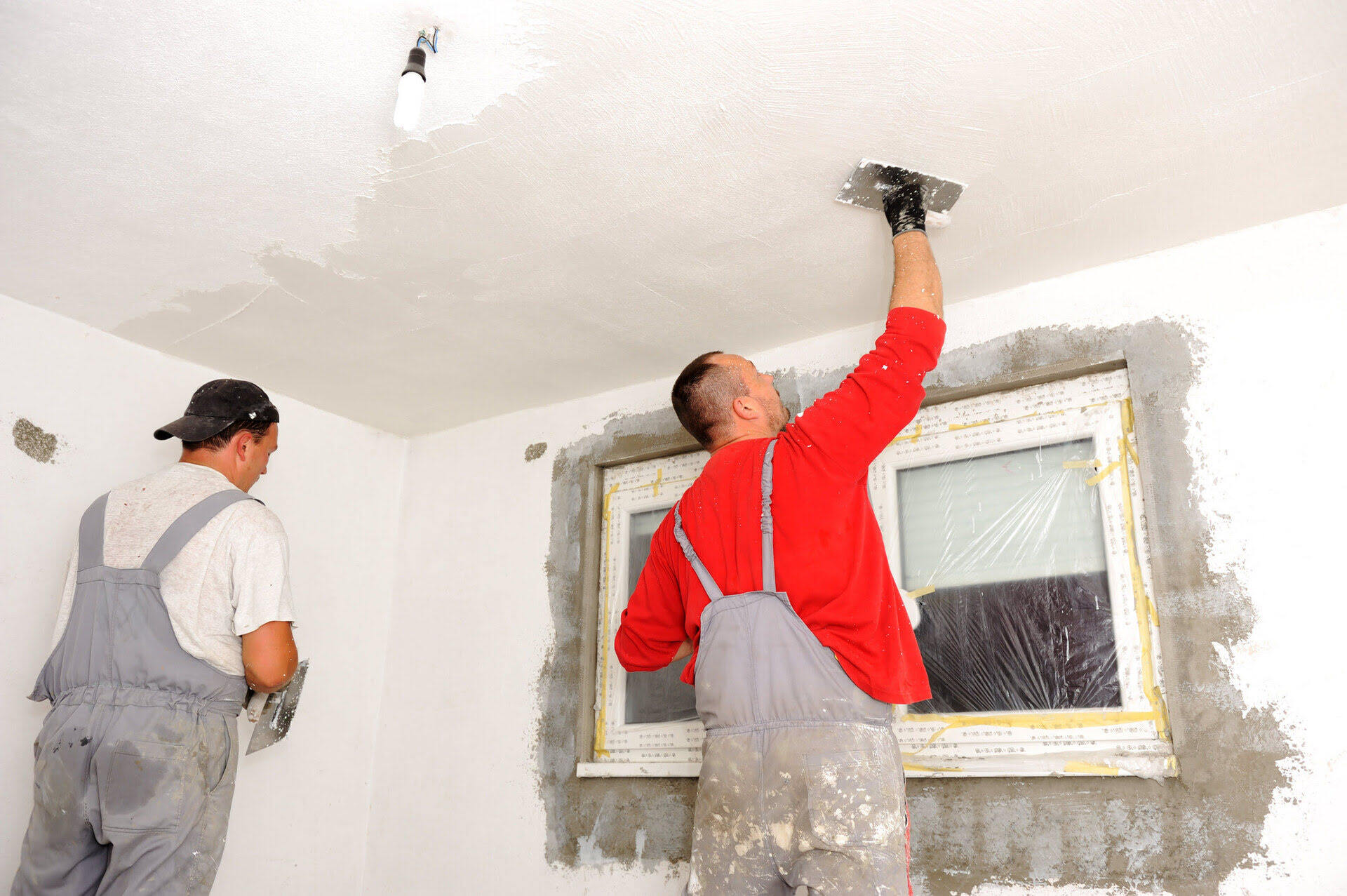

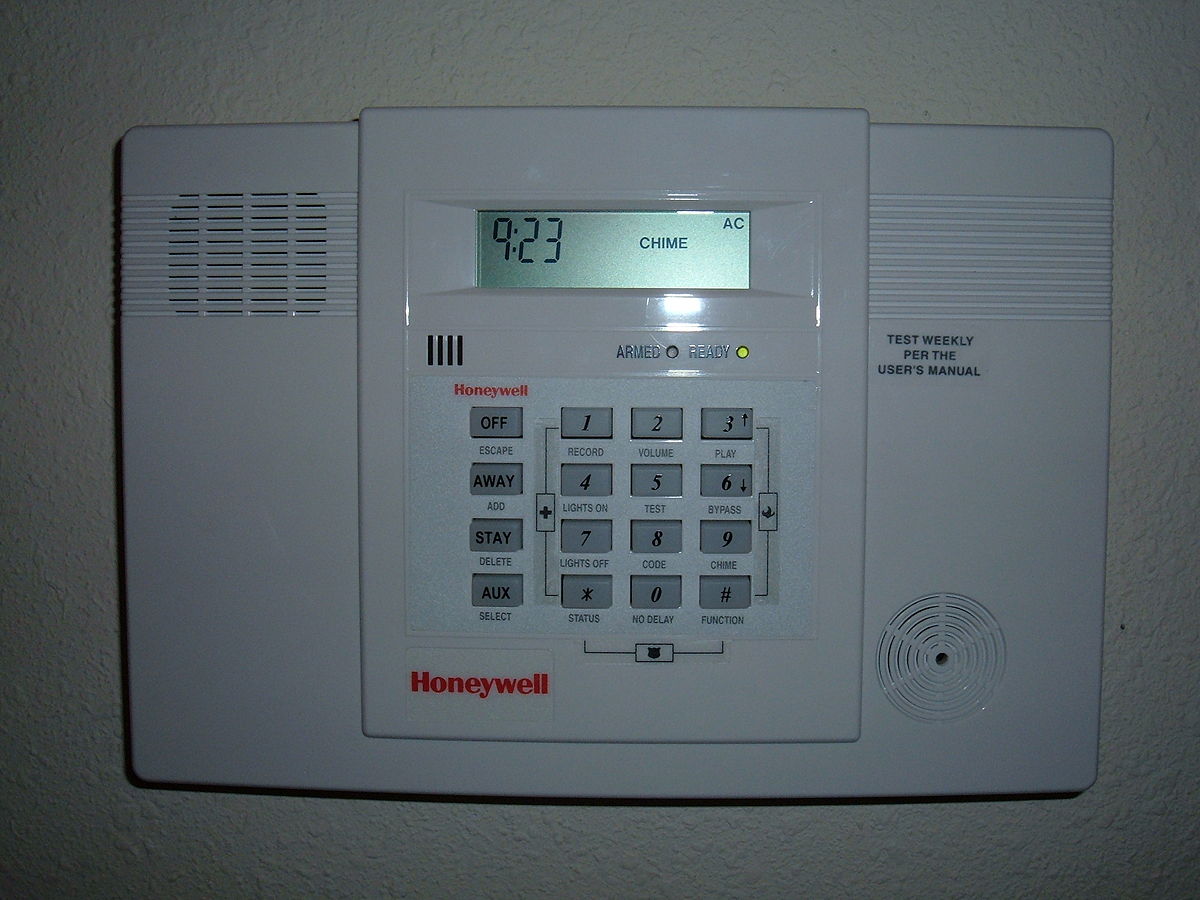
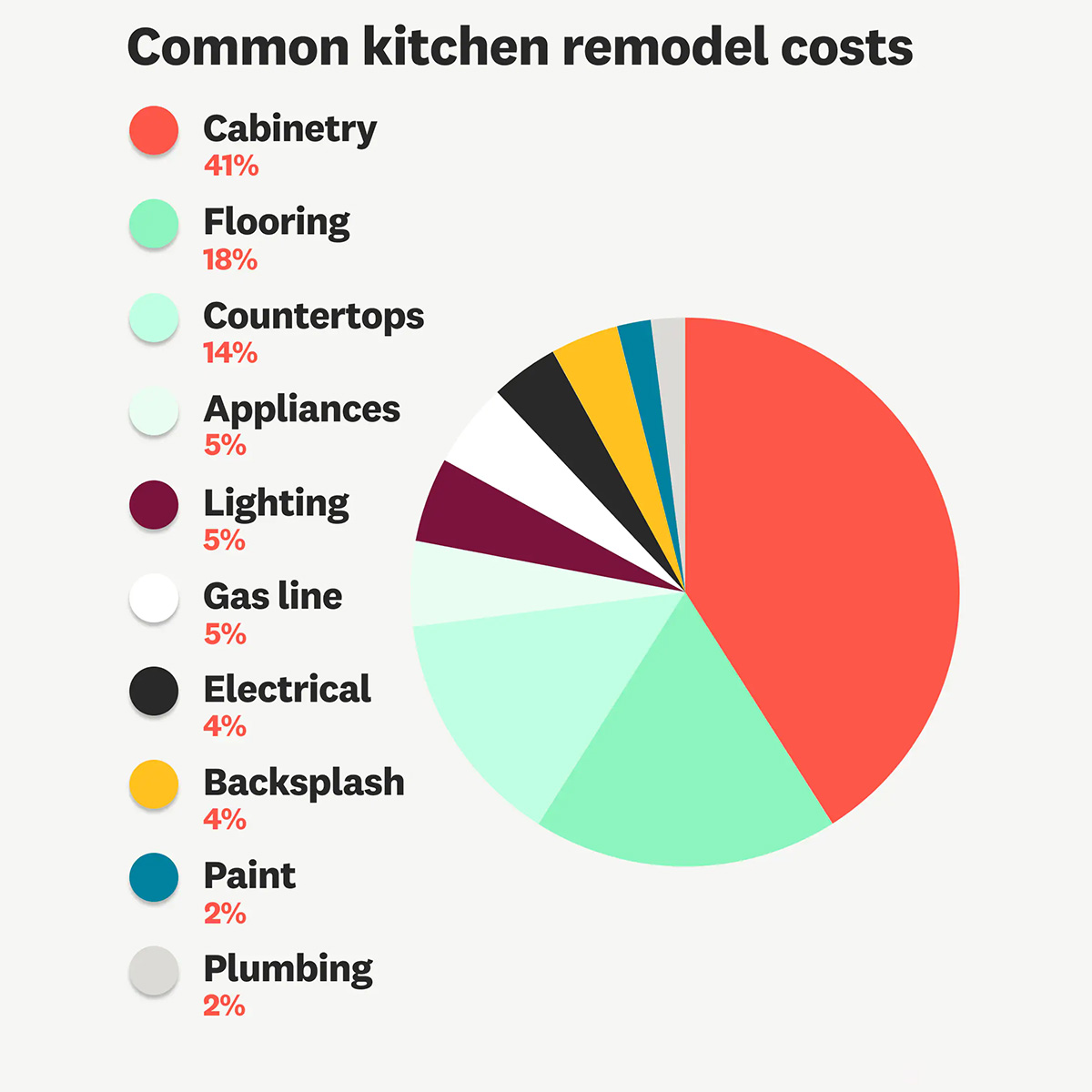




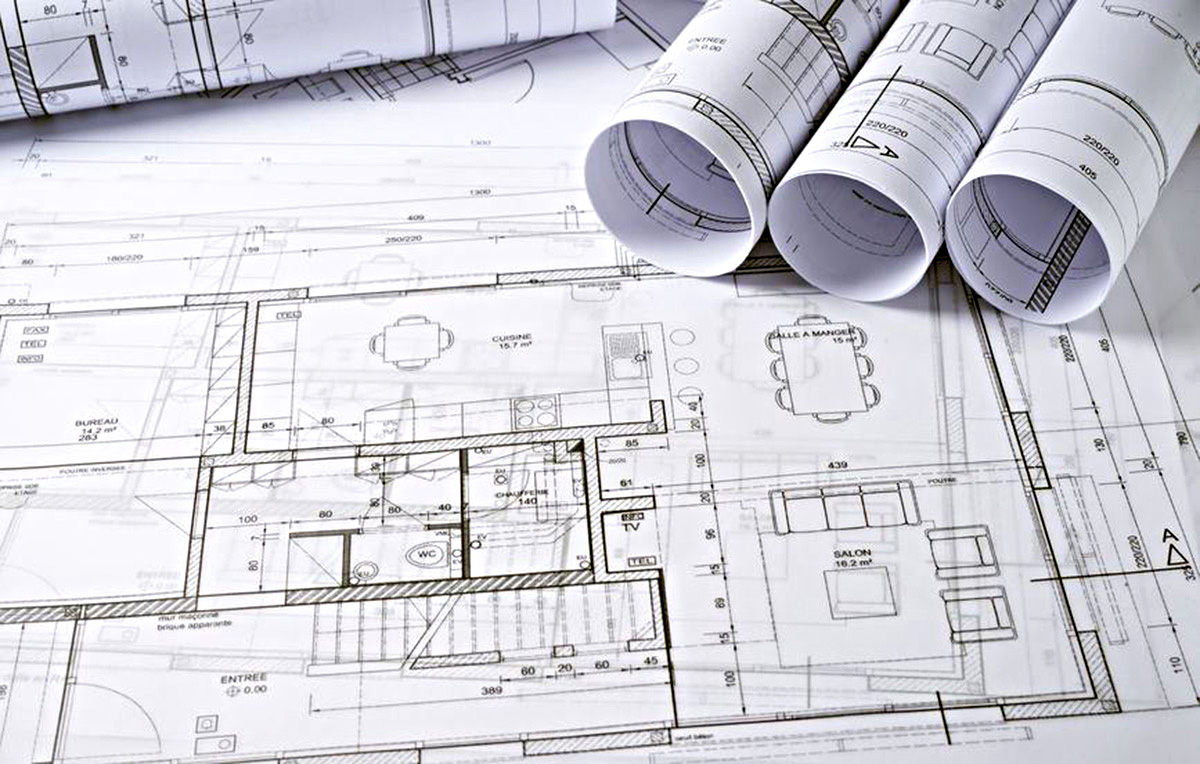
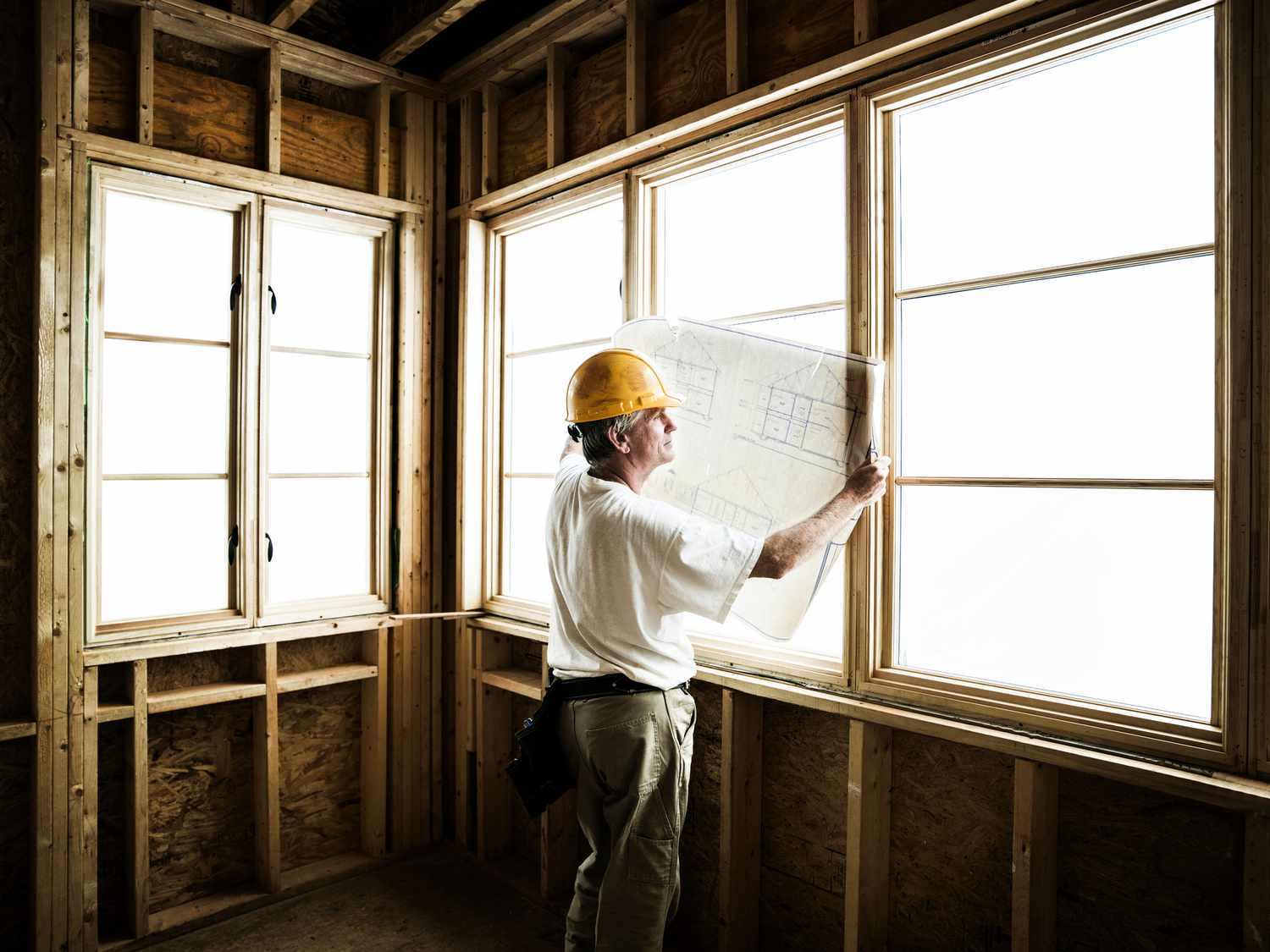

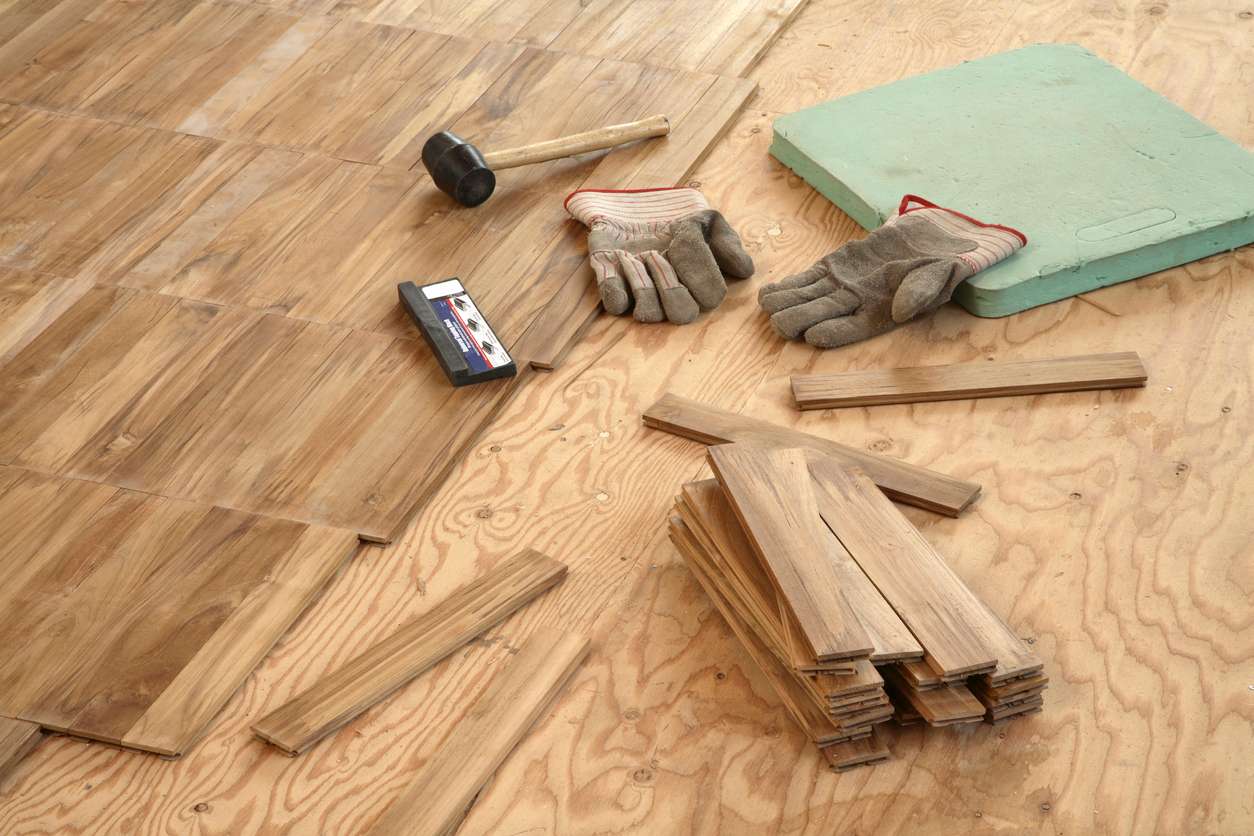
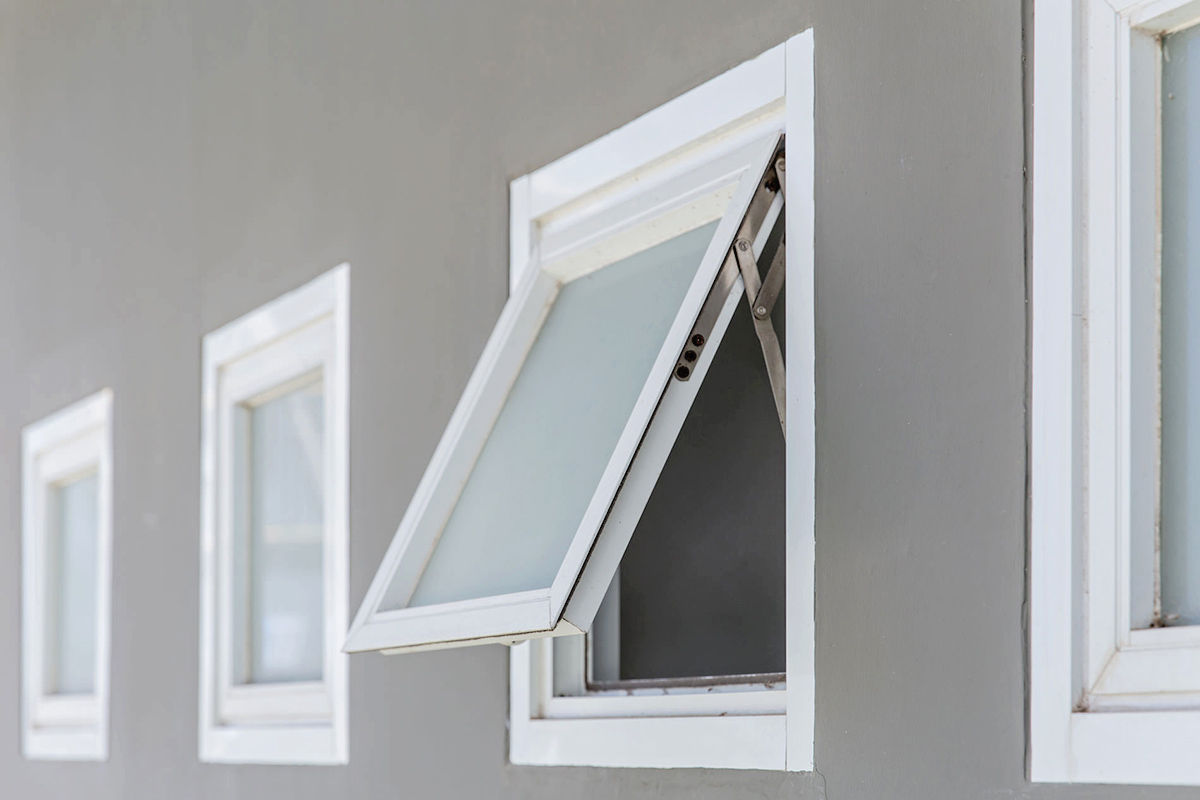

0 thoughts on “What Kind Of Home Improvements Require Permits In Massachusetts?”